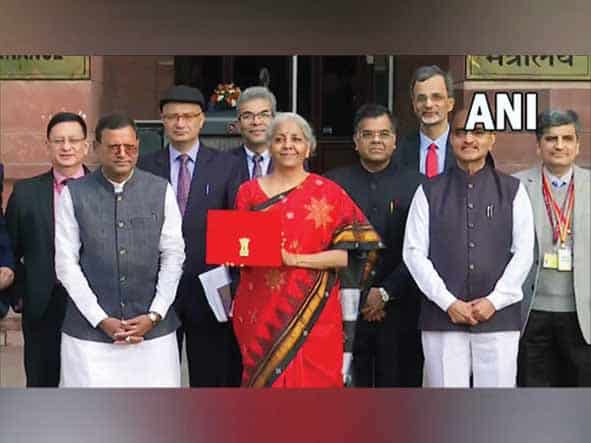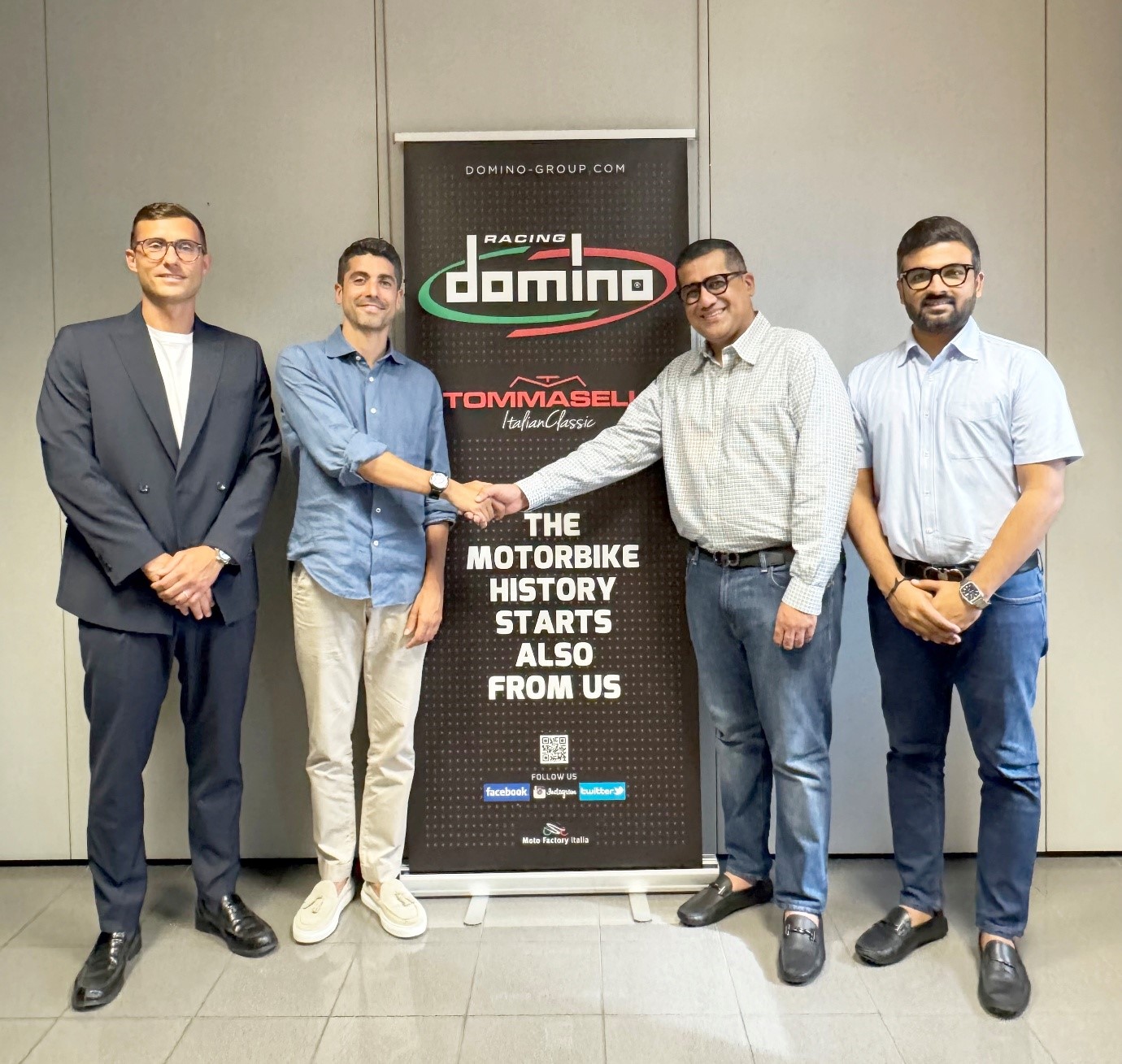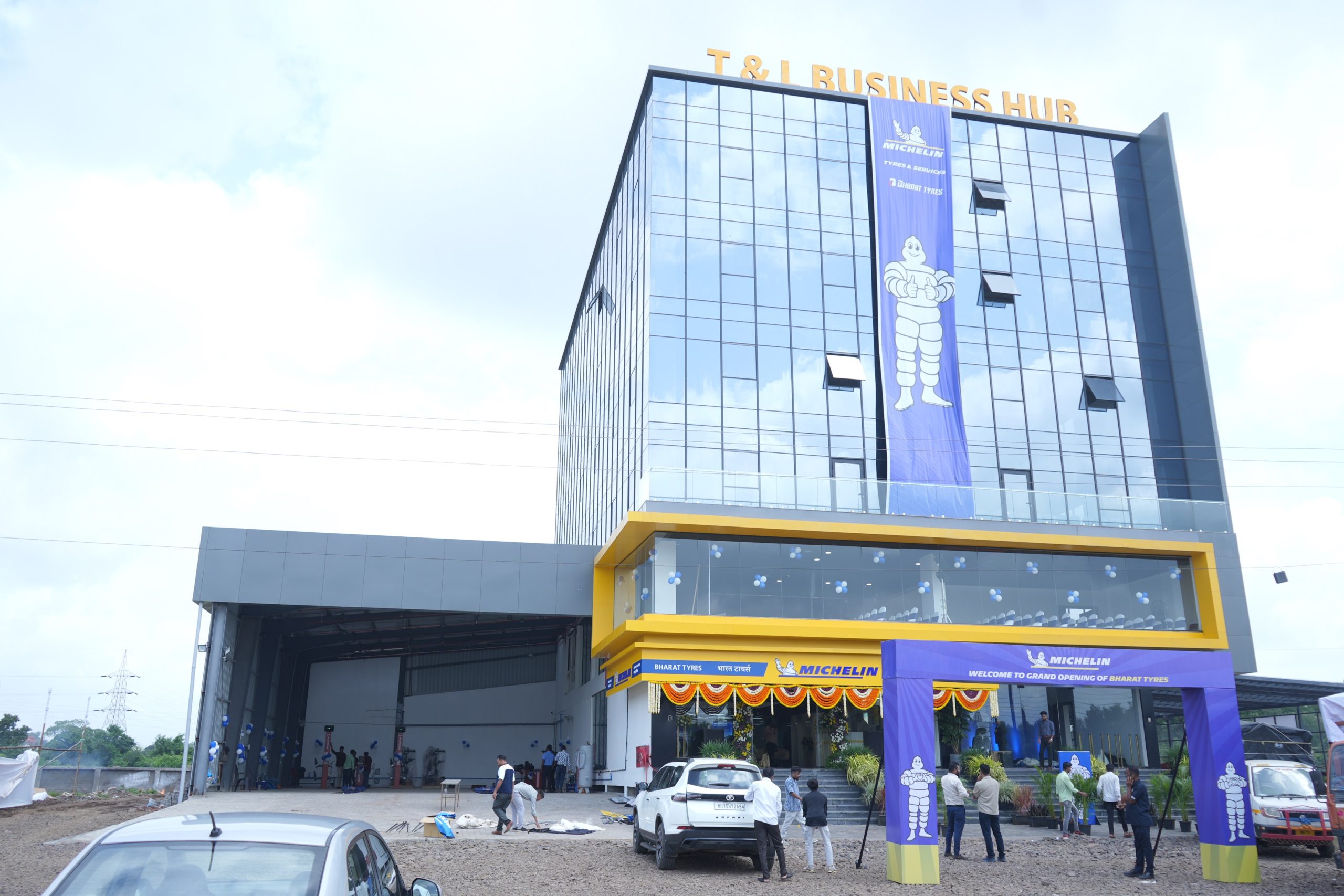The 63rd ACMA Annual Summit had the automotive industry stakeholders reset their goals. Ashish Bhatia points out the influencing factors that played out this year.
It’s an annual ritual to reset expectations at the ACMA Annual Summit and the 63rd edition was no different. With stakeholders of the automotive components industry and Original Equipment Manufacturers (OEMs) in attendance, as one. The event witnessed the participation of over 1,500 delegates from OEMs, components manufacturers, government officials, and other stakeholders. The government’s representation hailed the supplier industry’s efforts and at the same time set forward-looking targets for the fast-growing economy and the world’s prospective manufacturing hub. Held with ISRO’s remarkable feats as the backdrop, in attaining the soft landing on the lunar south pole as the first nation with Chandrayaan 3. The conclusion of the G20 Summit with India as the host nation, traced to the venue and Delhi vicinity lit up in all its glory, naturally the spirits were at an all time high. There was palpable optimism in the air and the prospects for further growth and expansion for all the stakeholders involved were deliberated with actionable insights shared through a joint research report by ACMA and McKinsey & Co. Themed on ‘Mobility 360° – Sustainability for competitiveness’. It made for the apt backdrop for all deliberations that followed suit.
In his address, Nitin Gadkari, Union Minister for Road Transport & Highways, Government of India hailed the contribution of the components industry. Opting for a cautious tone, a day after he sent the media into a frenzy, at the SIAM Annual Session, while hinting at the intent to levy a pollution tax on diesel vehicles including gen sets (~10 per cent), only to withdraw the statement later, he started on a clean slate. He said, “The auto component industry is playing a pivotal role in propelling India’s growth, seizing emerging global opportunities with its distinctive competitiveness and innovation. The way the industry is embracing electrification, technology, digitisation, and a range of alternative fuels, together crafting a powerful engine to redefine the mobility space in the country, is truly commendable.”
Piyush Goyal, Union Minister for Textiles, Commerce & Industry and Consumer Affairs, Food & Public Distribution, Government of India, said, “It is reassuring to see the efforts of ACMA for fostering a robust automotive supply chain, advocating policies, promoting localisation, and enhancing competitiveness.” “The Indian automotive ecosystem has the potential to define the sector at a global scale and be more sustainable. The industry players are making successful strides to ensure global prominence by driving tech-led innovation supported by a favourable business environment,’’ he said. Dr Mahendra Nath Pandey, Union Minister for Heavy Industries, Government of India, drew attention to favourable government policies. He added, “The government’s favourable policies are unleashing India’s potential to revolutionise the global mobility landscape. It’s truly commendable to witness the Indian auto components industry emerging as a powerful force shaping a greener and more efficient future for mobility. With the close collaboration 2 between the government and the industry players, India is writing new chapters of global excellence and competitiveness.”
Fresh from the successes at the G20 summit, most notably the universal declaration given shape to, Amitabh Kant, Sherpa G-20, took to the podium to reiterate India’s global standing. He emphasised, “All eyes are now on India, with its successful presidency of the G20 summit to lead the charter for global sustainability and excellence. I believe manufacturing, specifically, the auto components industry will be a key driver for our competitive edge and global leadership.” “As we shift gears towards cleaner, more efficient technologies, we pave the way for a sustainable and prosperous future. The journey of the auto industry is not just about innovation and competitiveness but also about redefining the mobility space, one that is digital and sustainable.’’ Echoing the sentiments of the string community, Sunjay Kapur, President ACMA, and Chairman, Sona Comstar, said, “The auto components industry is at the inflexion point where the road to global success will be defined by innovation, sustainability, skill development, investment, and R&D capabilities. We are poised to enhance our global competitiveness and drive excellence by embracing cleaner energy sources, digitalisation, and prioritising sustainability.” Vinnie Mehta, Director General of ACMA, stood by the projections of a favourable time ahead. He said, “The Indian Auto Component Industry is set for a robust growth trajectory in the coming years. The auto component manufacturers, OEMs, and the Government of India are collaborating to ensure sustainability and ACMA is committed to facilitating a seamless transition to sustainability and a circular automotive ecosystem.”








Leave a Reply